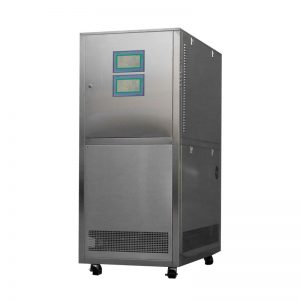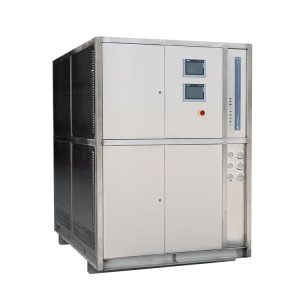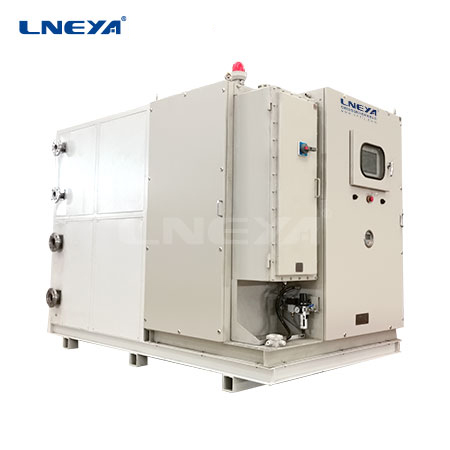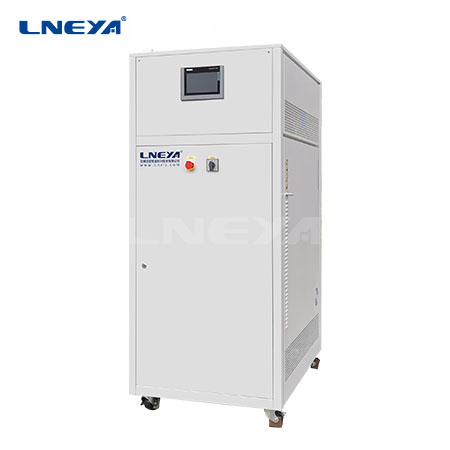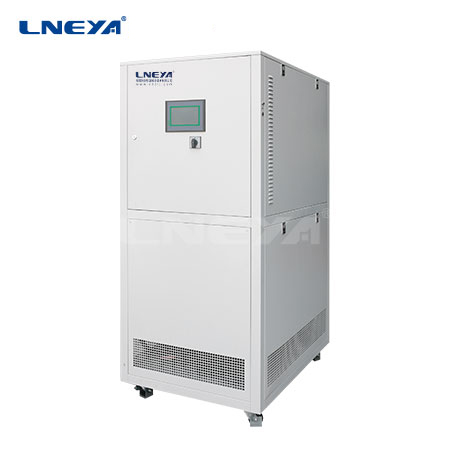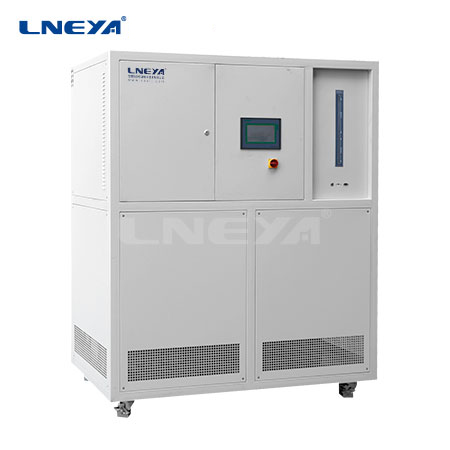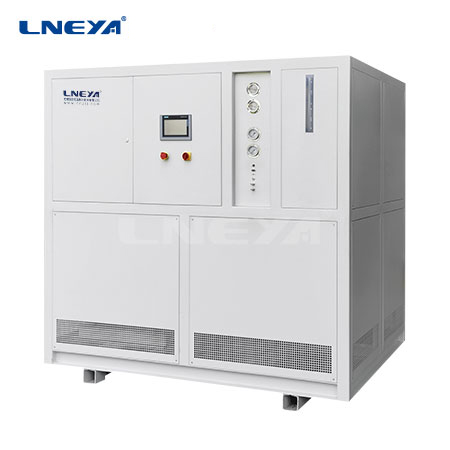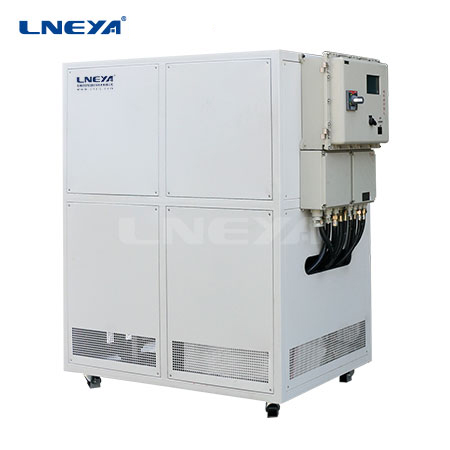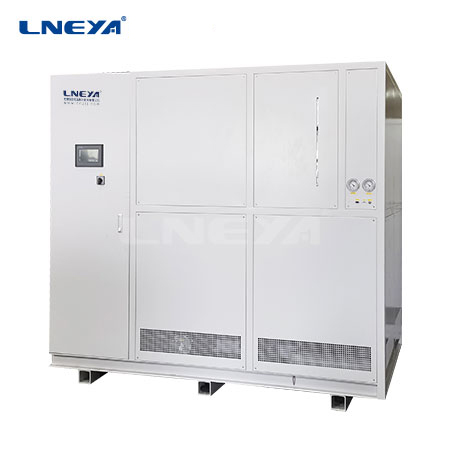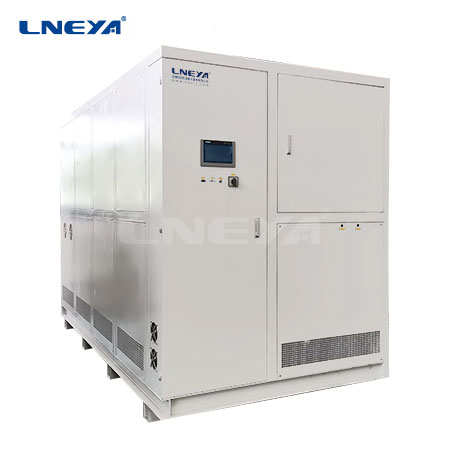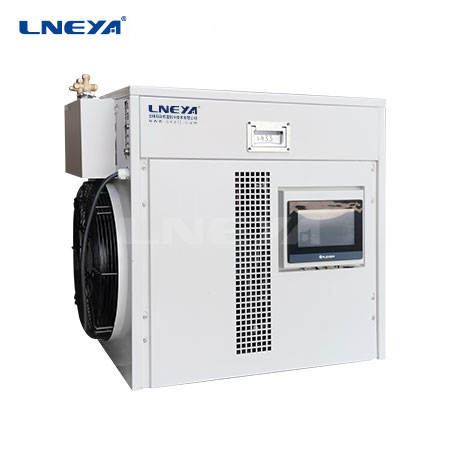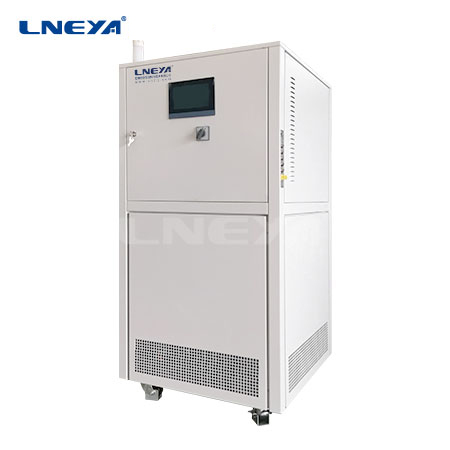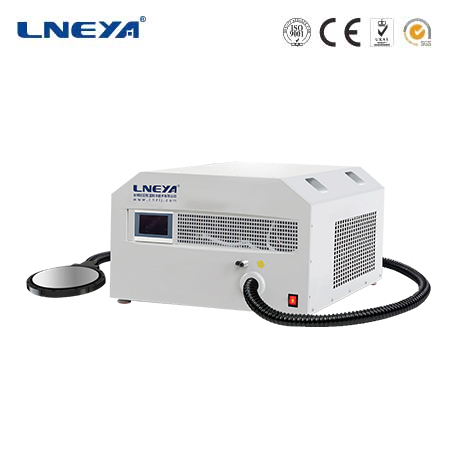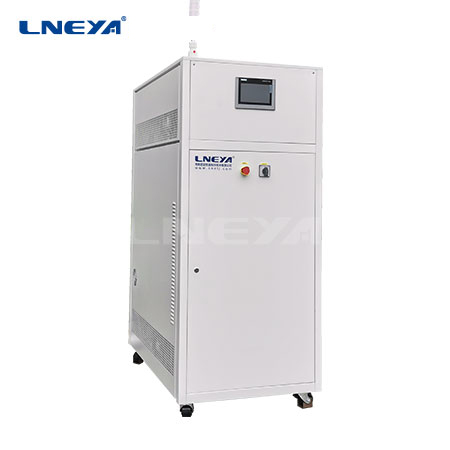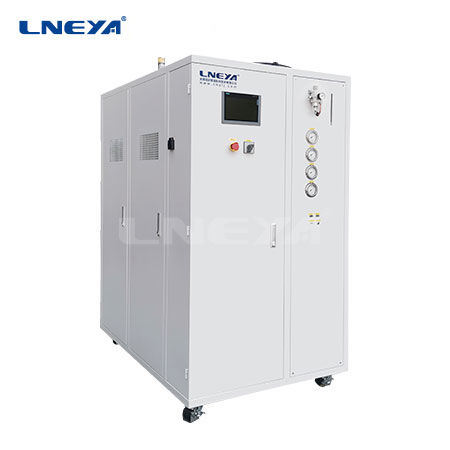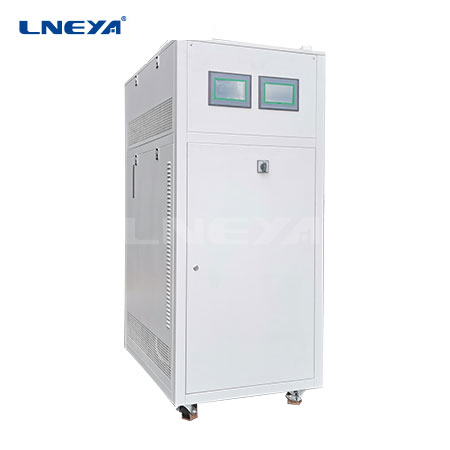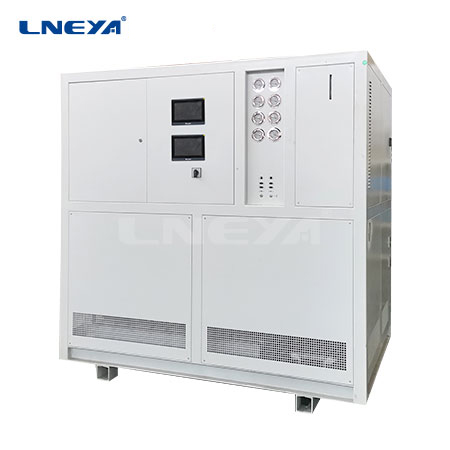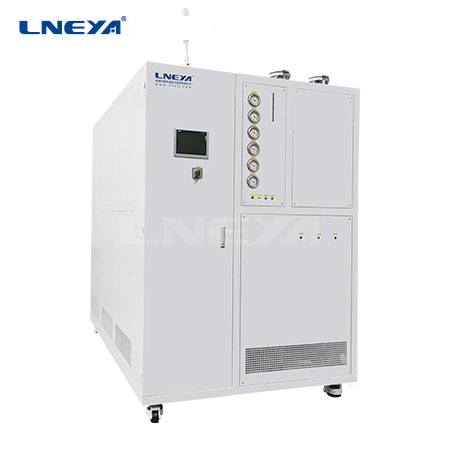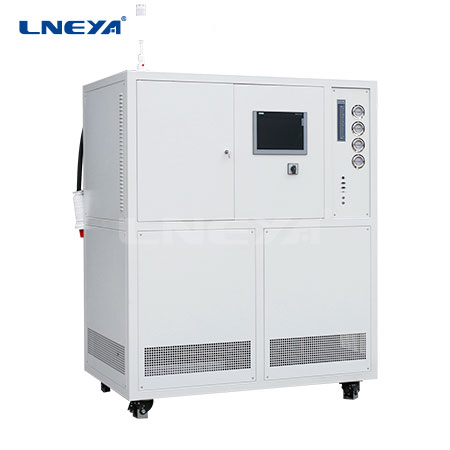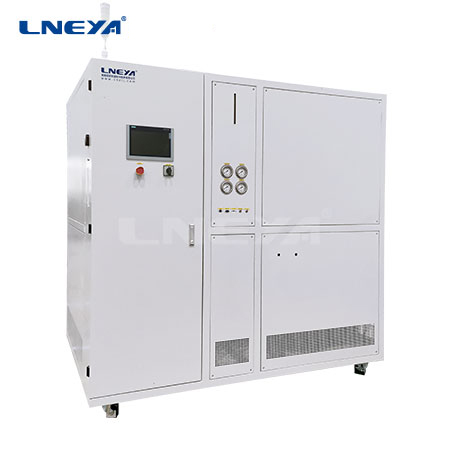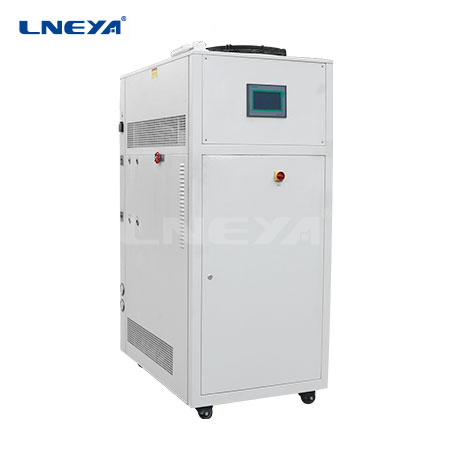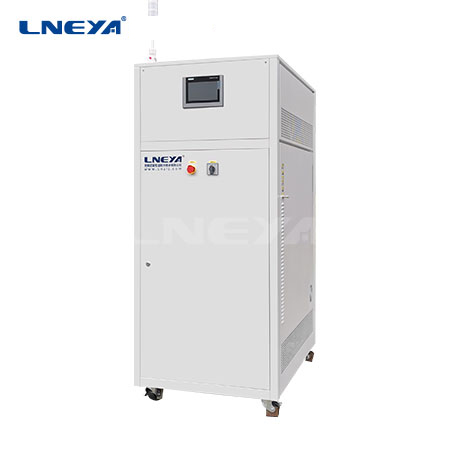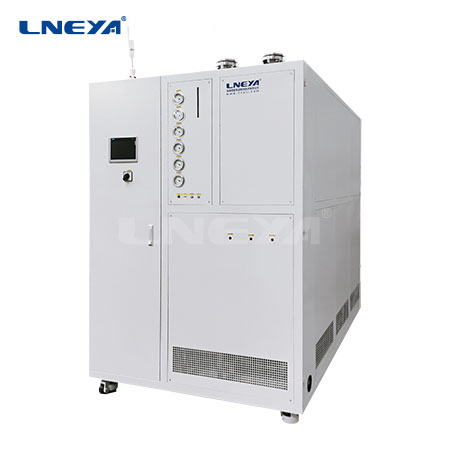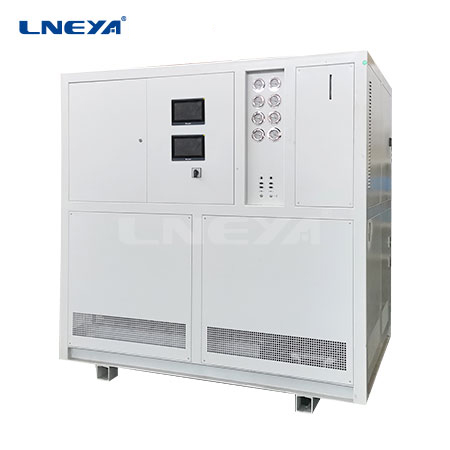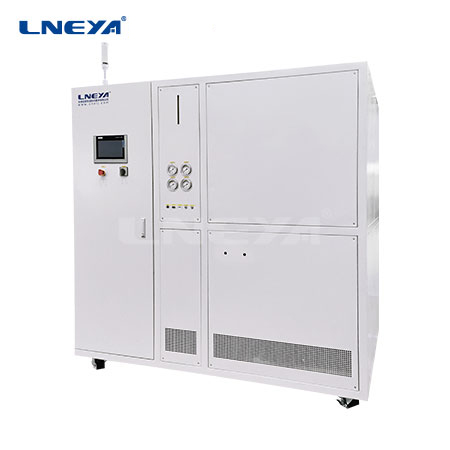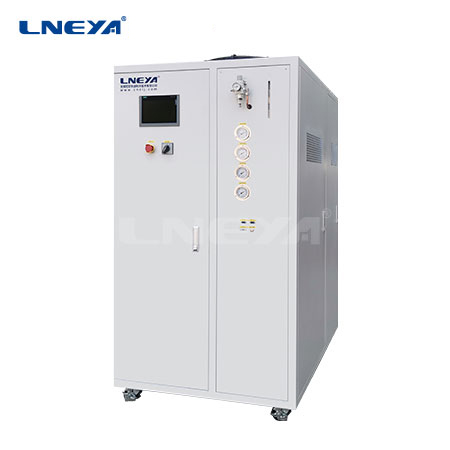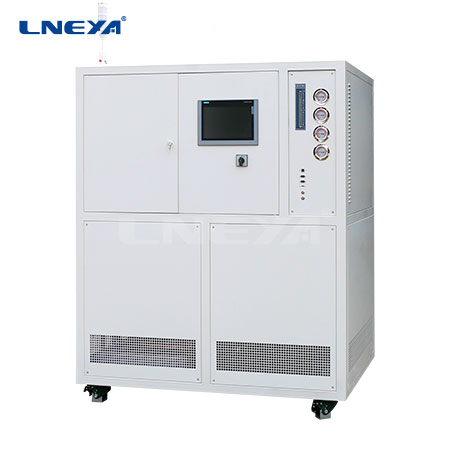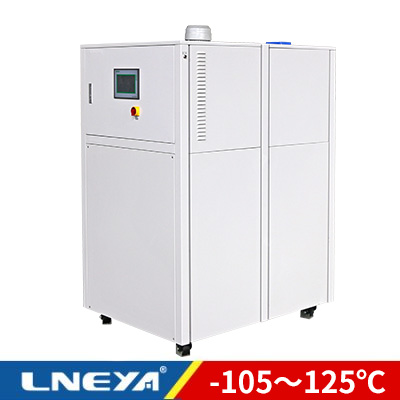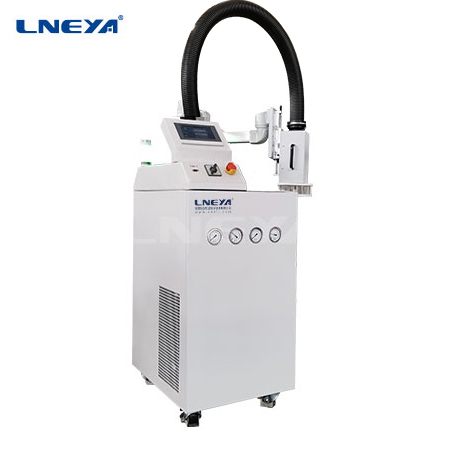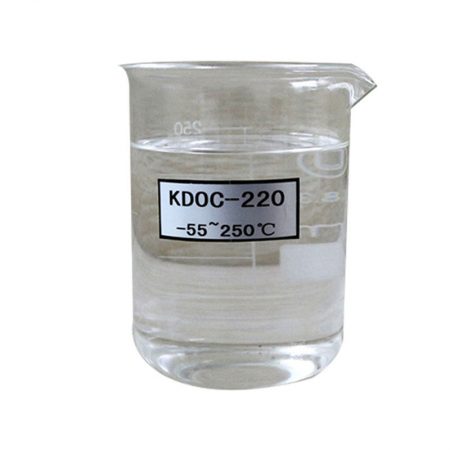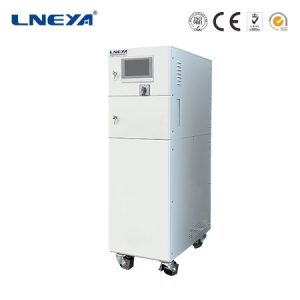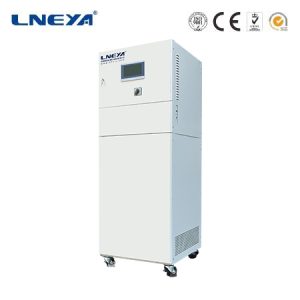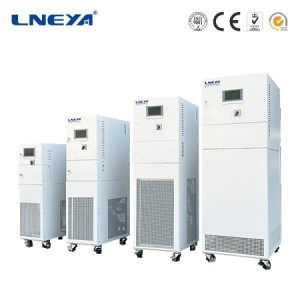The Role and Applications of Oil Circulation Heaters in Industrial Processes
Oil circulation heaters are essential in a variety of industrial processes where maintaining precise temperature control is critical. These heaters operate by circulating a heat transfer fluid through a closed-loop system, providing uniform and consistent heating. This article will explore the inner workings of oil circulation heaters, their applications across different industries, and their impact on process efficiency and product quality.

How Oil Circulation Heaters Work
Oil circulation heaters function by circulating a heat transfer fluid, often oil, through a system of pipes or coils. The fluid is heated by an external heat source, such as electric elements or a gas burner, and then circulated back into the process area to transfer heat to the materials being heated. This closed-loop system allows for precise temperature control and efficient heat transfer, making oil circulation heaters ideal for applications where consistent temperatures are required.
Applications of Oil Circulation Heaters
Oil and Gas Industry: In the oil and gas sector, circulation heaters are used to maintain the optimal viscosity of fluids, which is crucial for efficient transportation and processing. They are employed in pipeline heating to prevent the build-up of paraffin and other deposits that can cause blockages, and in oil wellhead heating to ensure the smooth flow of crude oil and natural gas.
Chemical Processing: Chemical plants rely on circulation heaters to heat solvents and maintain process temperatures in reactors. Precise temperature control is essential for chemical reactions, and circulation heaters provide the uniform heating necessary for optimal reaction conditions. They also play a role in heating heat transfer fluids and facilitating the separation and purification of chemicals.
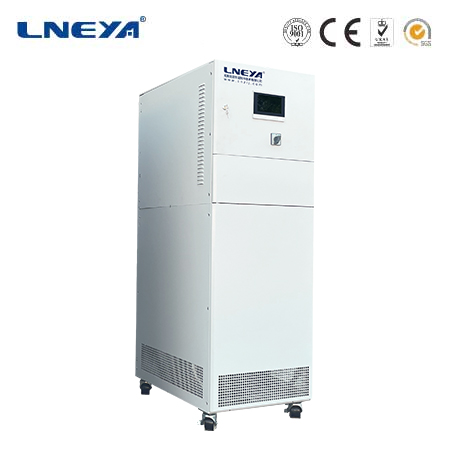
Food and Beverage Industry: Temperature control is critical in food and beverage production for both quality and safety. Circulation heaters are used for cooking liquids, pasteurization, sterilization, and bottling processes. They offer faster and more controlled heating, ensuring compliance with regulatory standards and improving production efficiency.
Power Generation: In power plants, circulation heaters are used to heat feed water, which is essential for steam generation. By maintaining precise water temperatures, these heaters enhance boiler efficiency, reduce the risk of thermal shock, and minimize scaling and corrosion.
Petrochemical Industry: Petrochemical plants use circulation heaters to heat feed stocks, liquefy gases, and maintain optimal temperatures in heat exchangers. They help prevent the crystallization of viscous fluids and ensure uninterrupted flow, improving productivity and minimizing downtime.
Pharmaceutical Manufacturing: The pharmaceutical industry requires strict temperature control during manufacturing processes. Circulation heaters provide the necessary heating accuracy for sterilization, drying, and maintaining specific temperatures during chemical reactions. They contribute to consistent product quality, compliance with regulatory guidelines, and increased manufacturing efficiency.
Water Treatment: Water treatment facilities use circulation heaters to heat water for disinfection, wastewater treatment, and chemical dosing. They ensure the destruction of harmful microorganisms and facilitate faster chemical reactions, while also preventing pipe freezing and maintaining suitable temperatures for biological treatment processes.

Plastics and Rubber Manufacturing: In the production of plastics and rubber, circulation heaters are used to heat molten polymers, improve flow characteristics, and enhance product quality. They offer excellent heat transfer capabilities, enabling faster cycle times and reducing energy consumption.
HVAC Systems: Heating, ventilation, and air conditioning (HVAC) systems use circulation heaters for heating water in radiant systems and preheating air for ventilation. These heaters help achieve energy savings, increased system performance, and improved occupant comfort.
Metal Processing: In metal processing industries, circulation heaters are used for heating molten metals, maintaining precise temperatures in heat treatment processes, and preheating fluids for quenching. They contribute to improved metallurgical properties, efficient forging, and reduced energy consumption, enhancing overall process efficiency.
Market Presence of Oil Circulation Heaters
The market for oil circulation heaters is robust, with a range of manufacturers offering customized solutions for specific industry needs. Companies like EXHEAT, Castle Pumps, Thermal Fluid Systems, Pirobloc, HEAT Exchange and Transfer, Inc., LNEYA, MultiTherm LLC, and Tsung Hsing are some of the key players in this market. These companies provide a variety of oil circulation heaters with different specifications and capabilities, catering to the diverse requirements of industries worldwide.
결론
Oil circulation heaters are indispensable in numerous industrial applications due to their ability to provide efficient and precise heating. They play a significant role in optimizing process efficiency, ensuring product quality, and reducing energy consumption across a wide range of industries. As industries continue to seek ways to improve their operations and stay competitive, the demand for oil circulation heaters is expected to grow, driving innovation and development in this sector.
 LNEYA
LNEYA
 简体中文
简体中文










